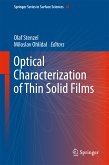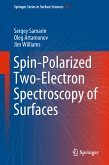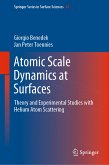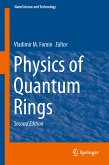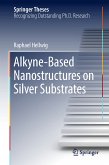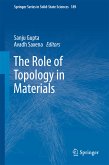The book also includes electronic structure calculations exploring the atomic and quantum mechanical mechanisms behind molecular binding and identification, so as to provide readers with an in-depth understanding of the capabilities and limitations of various nanomaterial approaches. Gathering contributions by scientists with diverse backgrounds, the book offers a wealth of insightful information for all scientists whose work involves material science and its applications in sensing.
Dieser Download kann aus rechtlichen Gründen nur mit Rechnungsadresse in A, B, BG, CY, CZ, D, DK, EW, E, FIN, F, GR, HR, H, IRL, I, LT, L, LR, M, NL, PL, P, R, S, SLO, SK ausgeliefert werden.
Hinweis: Dieser Artikel kann nur an eine deutsche Lieferadresse ausgeliefert werden.



